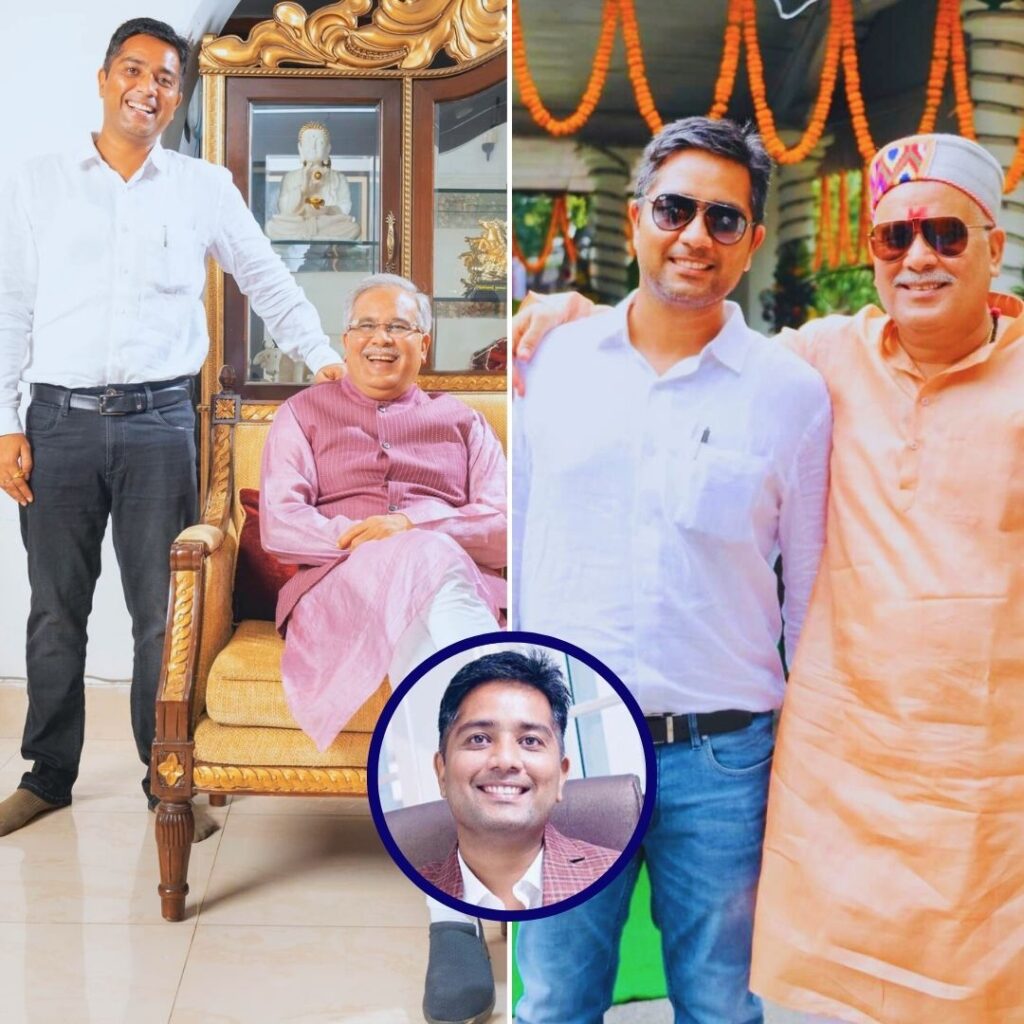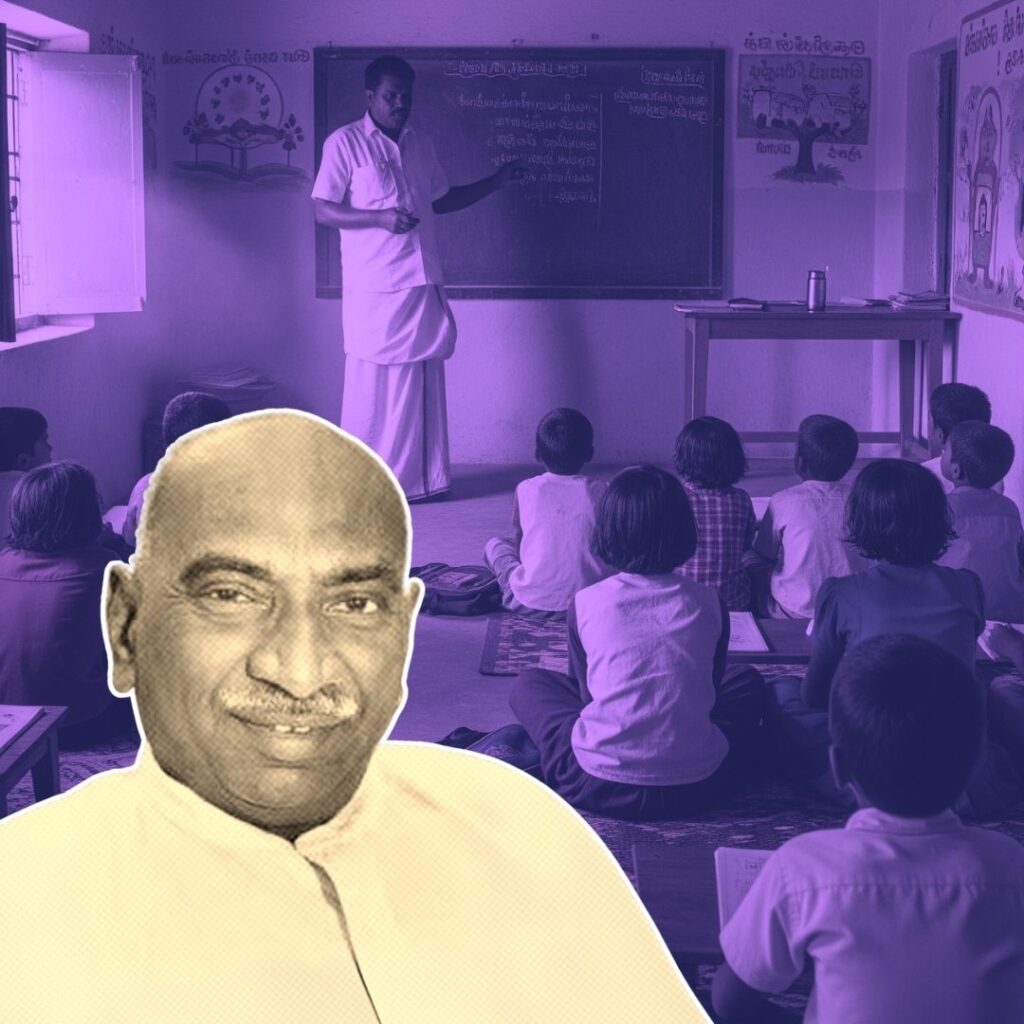Yogita’s struggle to stand on her feet
Yogita Lapya Jadhav was pressured to leave school after finishing 8th grade. Her mother said, “It’s time for you to find a suitor and move in with his family. Stop wasting your time before you’re too old.” Yogita belongs to the Kokanas – a tribal group living on the border of Maharashtra and Gujarat states in western India.
At 17, every single one of her friends was married, moving in with their husband’s family in neighbouring villages. Yogita refused to do the same because she knew she would again be forced to have children and lose her independence to her in-laws. Seeing her resistance, her parents used to ask, “Why can’t you be more like your friends?”
She used to say, “You’ll see. I’m going to have my house one day. My husband is going to marry me and live with me, independently.” People laughed at her idea. The idea of a woman, especially one of her age, without advanced education, affording her house in Ashte was unheard.
She became the centre of the village gossip. But she remained resolute in her decision. She found a job of assisting the women of the village with cooking. It was the same cooking job that her father also did for 30 years. She earned about Rs 100 a day, but this money was not enough to buy a house.
Yogita also didn’t like being bossed by the other women. She wanted to start her business. So she quit after a year of working as an assistant cook. She saved Rs 7000 by this time. With these savings, she bought a second-hand sewing machine. And every evening she spent hours hunched over the machine, stitching blouses.
In 2012, she did something unprecedented by the women in her village. She took a loan of Rs 60000 from the bank. She built a home with this money. It was a simple structure, but it was hers. She put up a sign saying ‘Yogita’s Best Sewing’ and started her business.
With time, word spread about the quality of her blouses and speed of service, bringing in new orders. She worked day and night without rest and within one year she paid off her loan. The next year she earned more than what her father earned in five years. With some more savings, she converted her home to be a more solid structure. She employed some workers and men from the village for this. She also supervised the work every day. This was her dream house after all, and she didn’t to compromise on it.
People would ask if she was crazy. They told her that it was her age to get married and not build houses. But she was firm in her decision.
“Why are you wasting so much money?” asked her father when he stopped by the house. “You will get married like every other girl in Ashte and move to your in-law’s place and manage a new life there. Please don’t do this. This home will be useless.”
“This is going to be the best house in all of the village,” Yogita said, proudly. “It will never be useless. I want to build my house, and if I find a boy I like, I will marry him and bring him here to live in our house.”
She saw her friends struggle in their marriages with drunk husbands who didn’t work. She saw this and felt it was better she support herself than struggle in such a relationship. She didn’t want to depend on anyone.
In early 2016, Program Director of Sundara, Kenneth Desouza visited the village of Ashte to research for a location for his soap recycling workshop. All the people he met directed him to go to Yogita’s house. “It’s the brick one by the large tree on top of the hill,” they said.
Kenneth saw that they were right and her house was the biggest in the village. There was excellent ventilation, and the walls were sturdy. She had a lot of free space and could rent it out. Kenneth decided that this would be the place for the soap recycling workshop.
“I felt so proud when the foreign visitors came. I couldn’t believe everyone was here, taking pictures of my house! I always told my family it would be the best house in Ashte, and that day I finally was able to convince them. So many people from America had come to this village – just to be in my house. It was a dream come true.”
She continued, “Before; no one supported me, but after the opening of the Sundara workshop they have shifted their attitudes and have started to encourage me. My mum and dad are extremely happy with my house and the income I make from renting it.” Yogita is proud to call Sundara her tenant. “Every child in my village now gets Sundara soap and hygiene classes because of the work that three local women are doing every day in my house. I know that children’s health here will improve and I’m proud to play a small role in it.”
Perhaps best of all is the message Yogita hopes this house will give all the girls in her village. “The day after the opening a girl, Sheetal, who is just 15, came to visit me at my house. She said, ‘When I grow up I want to own my house, just like you!’ and it made me happy. Her dream is my reality. It is possible. I want to inspire…











